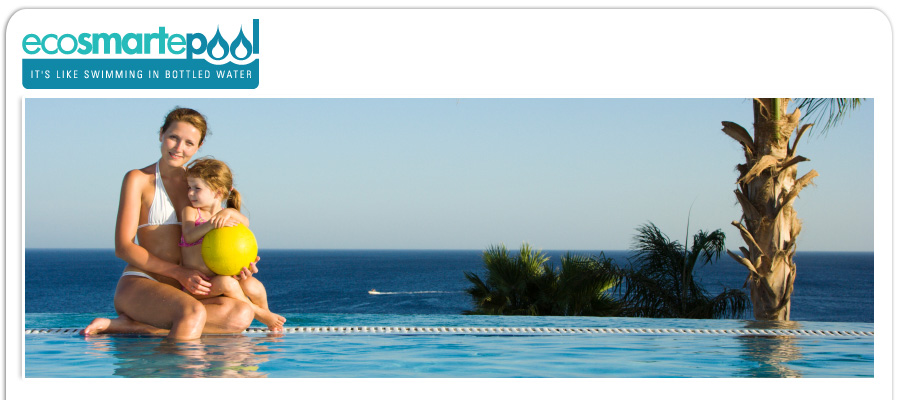

Salt Water Pool Chemistry
If you own a salt water pool, then you should know by now that chemistry in your pool water is
everything. Many have questioned if salt water in pools is health, and although it can be, it does
require careful attention to salt water pool chemistry.
The problem with salt water pools, as with any pools, is that they are standing bodies of water. No
matter what, a standing body of water will be contaminated eventually though lack of aeration and
release of dirt and germs through movement. So, you need chemicals in your swimming pool or,
unfortunately, you’ll get very sick from exposure to the water. Salt water pool chemistry, in short,
keeps you safe! In addition to chlorination, it is also important to regulate other parts of the salt
water pool chemistry. More specifically, pH levels, alkalinity, and calcium are all important to your
overall salt water pool chemistry.
A pH reading tells you about the acidity of the pool. Seven is the neutral number, with anything
above being alkaline and anything below being acidic. When maintaining your salt water pool
chemistry levels, you want a reading that is slightly alkaline at 7.2 to 7.8. In general, a reading
between seven and eight is fine. However, rain, swimmers, pollutants, and many other causes can
salt water pool chemistry, especially pH level, to fluctuate.
In addition, the chemicals and other cleaning products you use can affect your salt water pool
chemistry greatly. Therefore, you may have to compensate by using products specially designed
to raise or lower the pH level in the pool water so that your salt water pool chemistry levels remain
safe. Also look for products specifically designed for use with salt water pools.
In addition to caring for the pH levels in your salt water pool chemistry care, it is also important to
watch overall alkalinity of the pool water. This includes not just the pH level, but also bicarbonates,
carbonates, and other salt water pool chemistry levels. It is important that you maintain a range of
about 80 to 125. Maintaining this range of total alkalinity will help you also maintain proper salt
water pool chemistry pH levels.
Lastly, it is important to control the calcium levels in your pool. Along with this, controlling
magnesium levels is important. This is your water’s “hardness”, which is very important in salt
water pool chemistry. How “hard” should your water be? That depends on your region. Overall,
water does need some calcium so that it would eat away at the pool itself, but too much in the
water is also bad for your salt water pool chemistry, as it can cause the water to be cloud. Hard
water can also cause build up along the pool and in the pipers.
Salt water pool chemistry is very important for the health of your pool. If you diligently watch you
various chemical levels, you can keep your salt water pool around for a long time. However,
without proper salt water pool chemistry care, you’ll have a variety of pool problems.

Salt Water Pool Info - Algae in a Salt Water Pool - Problems - Pool Chemistry - Cost - Damage to Pool Equipment
